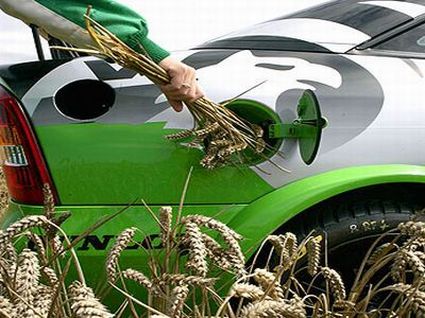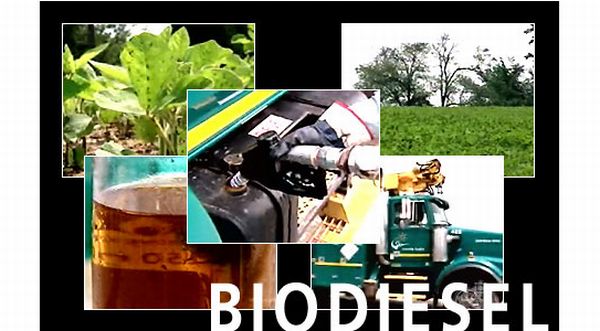
Biofuel is the buzzword which embarks the beginning of an era that would see the world go green. We don’t have an option though, as this is the only entity touted to save the world by reducing dependence on fossil fuels and emissions- especially the corn-ethanol. Biodiesel, unlike petroleum diesel, is non-toxic but don’t just vouch for it, for flaws are embed, as they too contribute and harm the environment.
Fossil fuel footprints
Here is an advice for all those people who are trying to convert their old cars into green machines. These cars include gas guzzlers like a Lincoln Continental Mark V, a Chevy Tahoe, and a Cadillac. One fails to recognize that the fossil fuel footprint is still very high. People may not recognize the critical need for conservation if they think they have eliminated their fossil fuel usage by switching to biodiesel (or corn-ethanol).
Environment destruction
Increasing consumption of biodiesel has resulted in cutting down rainforests for planting Soybeans especially in Philippines. That in itself gives us a rough idea as to how green the earth is going. Biodiesel is a fuel that is made from the long-chain esters (fatty acids) from plants. These are usually concentrated in a few parts of the plant such as seeds. The problem is that only a very small part of the overall plant, just a few percent of its dry weight, is made up of these esters. The rest is basically some kind of cellulose or starch. So you’d be throwing away that part of the plant (or doing something less useful with it) rather than making fuel from it.
High production cost
Biodiesel requires very high production costs. The reasons for this are mainly that soybeans, the predominant source of biodiesel, only yield 20% oil, when much more is needed. Recycled oils can be used more cost effectively, but there isn’t nearly enough recycled oil to satisfy the demand for biodiesel as a fuel. Understandably, there are also a lot of steps taken to produce and utilize the soybeans. The cultivation of the crops and the transformation of them into biodiesel takes time. The numerous amounts of manpower and machine needed for this process adds to the high cost.
Water crises
Considering the fact that fresh water for drinking as well as irrigation use is already in short supply in many parts of the world, now, rapid increase in biofuel crops is in any way going to help the cause but aggravate the problem. For most of the biofuel crops, require a good mass of water for irrigation, water crisis appears just inevitable in the days to come.
Food crises
It just looks, biofuel is a complete own-goal in real terms. And worse still, they make food more expensive and scarce. For the UN annual assessment of farming trends up to 2016, jointly prepared by the World Food Organization and the OECD, has projected an extensive hike in food prices in the near future as biofuels will share a large amount of sugarcane, maize and oilseed rape, giving way to meat-based diets in rapidly developing nations.
In addition, the switch to growing fuel crops will take land out of food production and increase the price of commodities such as sugar, maize and palm oils. The rush to energy crops will encourage intensive, industrial agriculture at the expense of sustainable food production, leaving millions of poor people starving in most of the underdeveloped regions.
Is ethanol more of a pollutant than gasoline?
Surprisingly, the science says yes. Both ethanol and gasoline deliver the same amount of carbon dioxide (CO2) into the atmosphere per gallon consumed. However, when compared on a per mile driven basis, burning ethanol actually produces 54% more CO2 as global warming pollutant than gasoline due to the fact that ethanol has lower fuel efficiency.
Yes, biofuel has many environmental backdrops but it has benefits too. So here are a few Potential solutions?.
1. Put more forests into the hands of private conservation NGOs (although that would not guarantee that a government won’t take the land for the public good)?
2. Develop energy sources that would make growing crops non-competitive (another Manhattan project)?
3. Nip our population at 7 billion instead of 9, with improved contraceptive technology that is capable of reducing our > 50% unplanned pregnancy rate?
4. Lower demand for fuel with better designed cities, improved car technology, more telecommuting?




